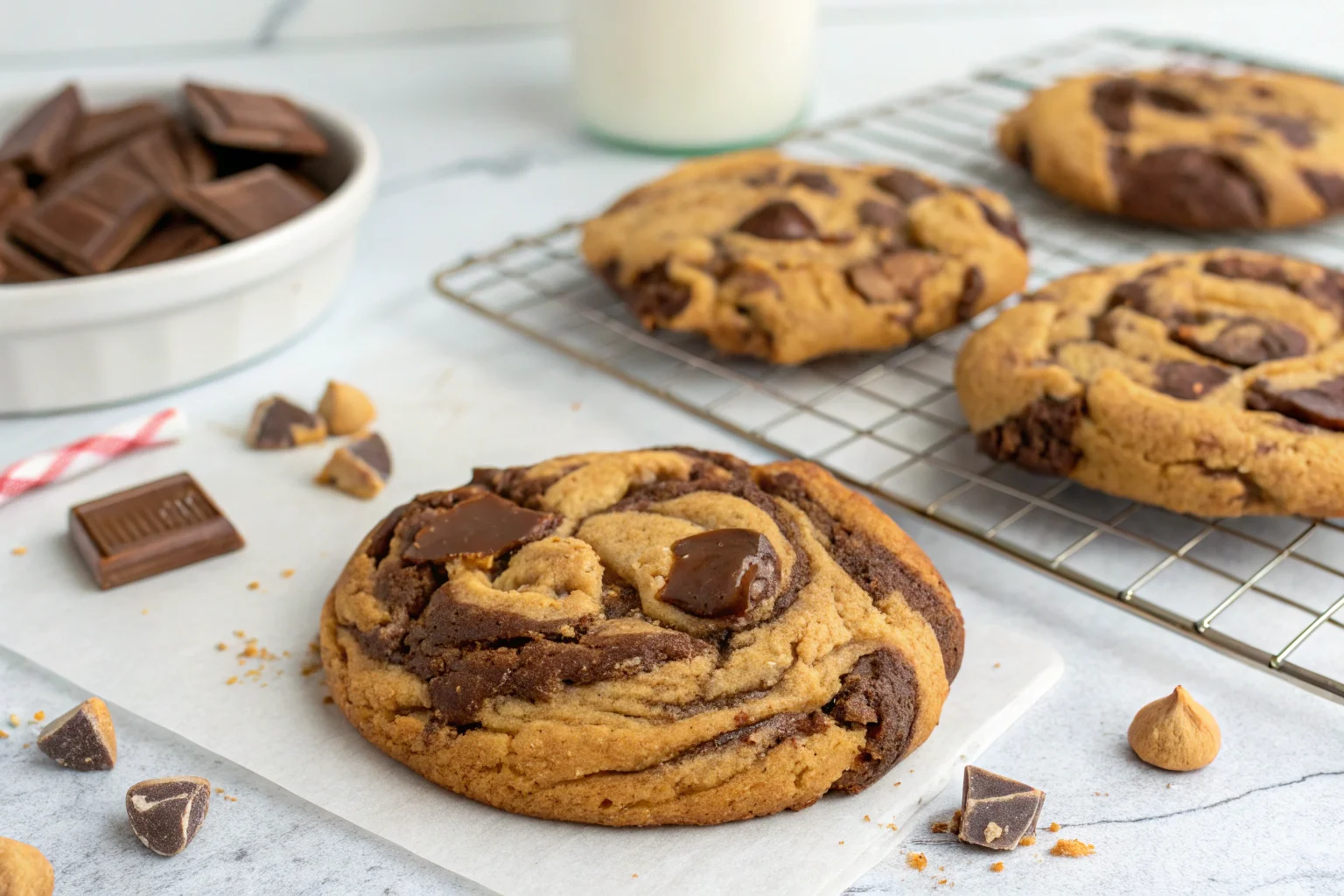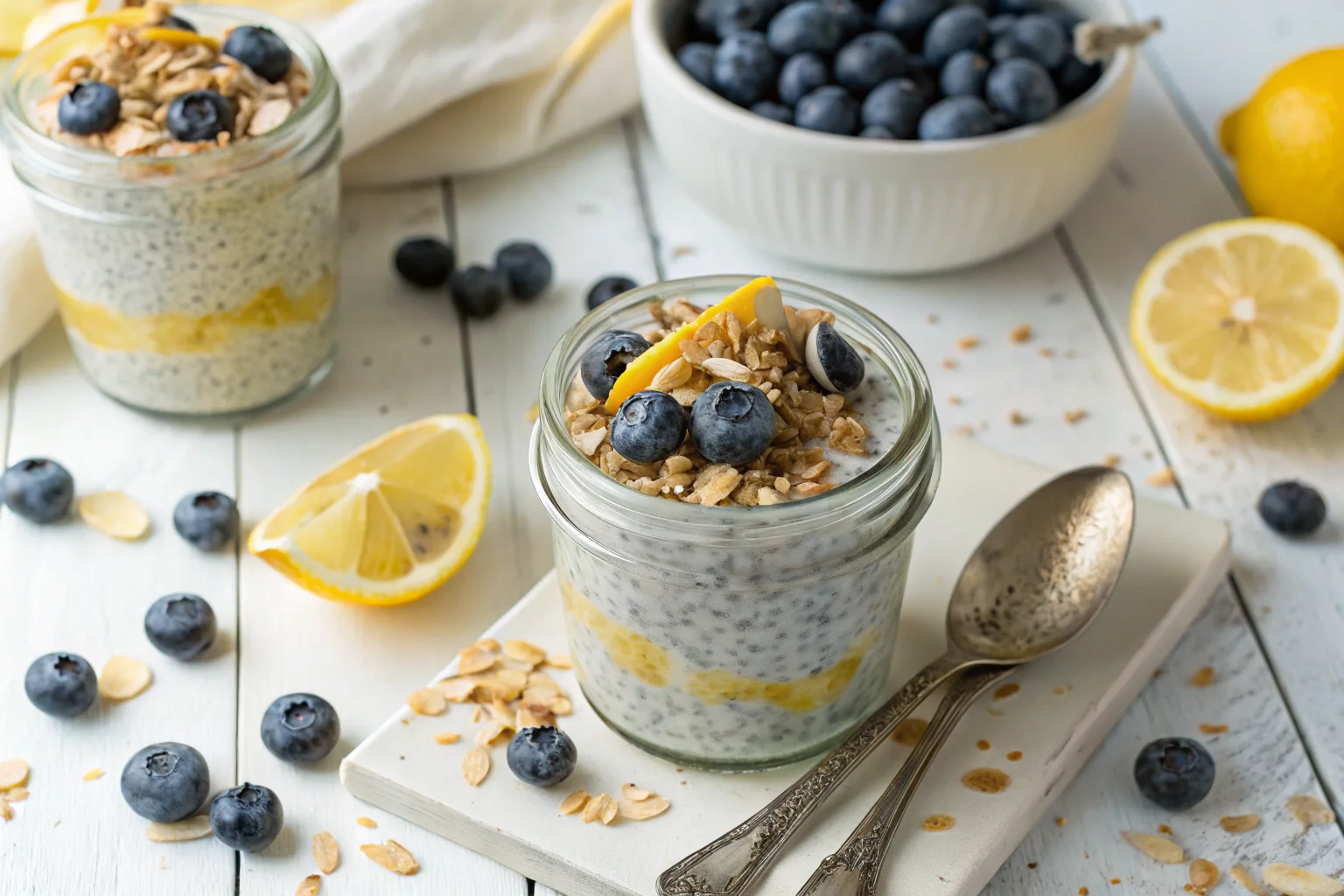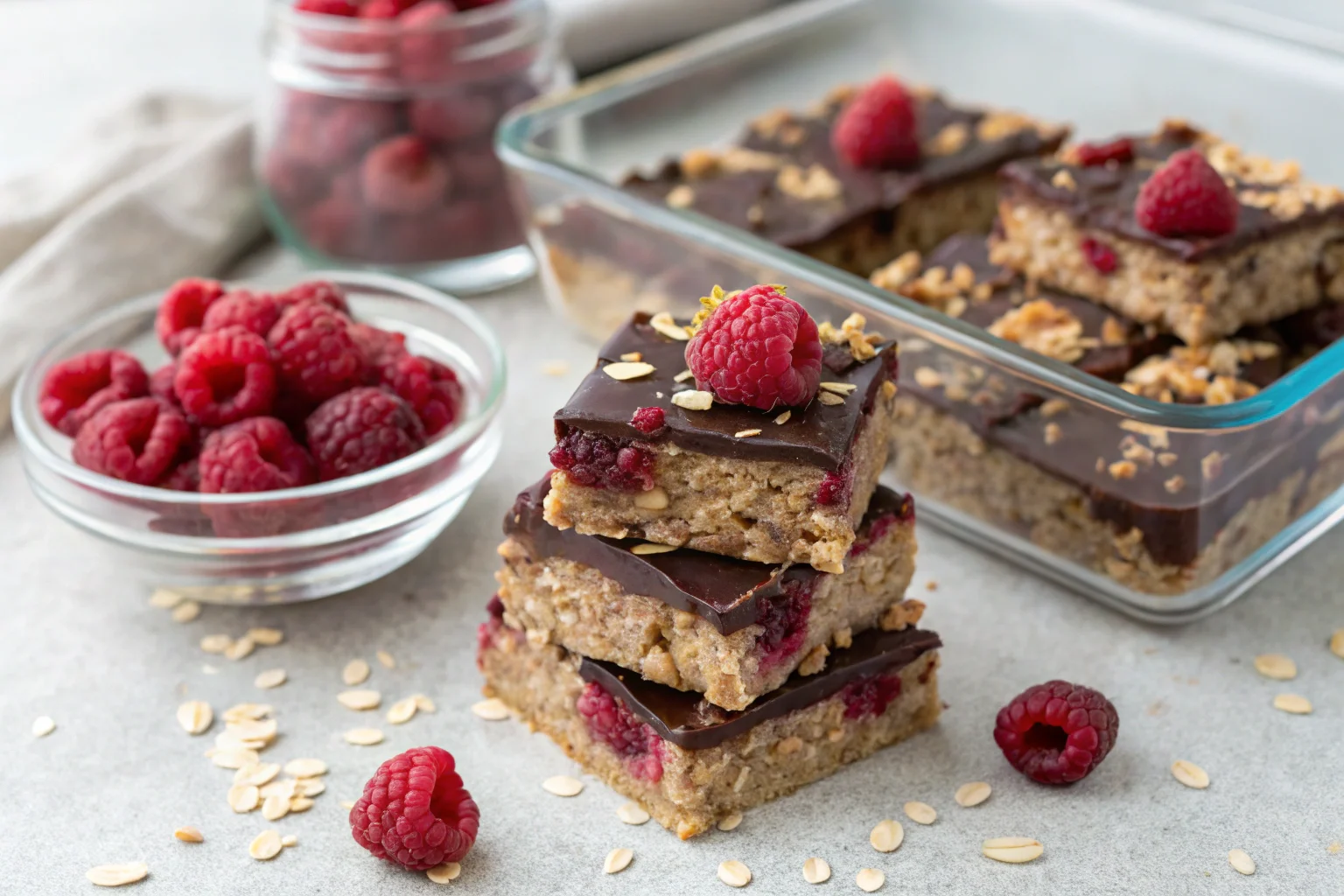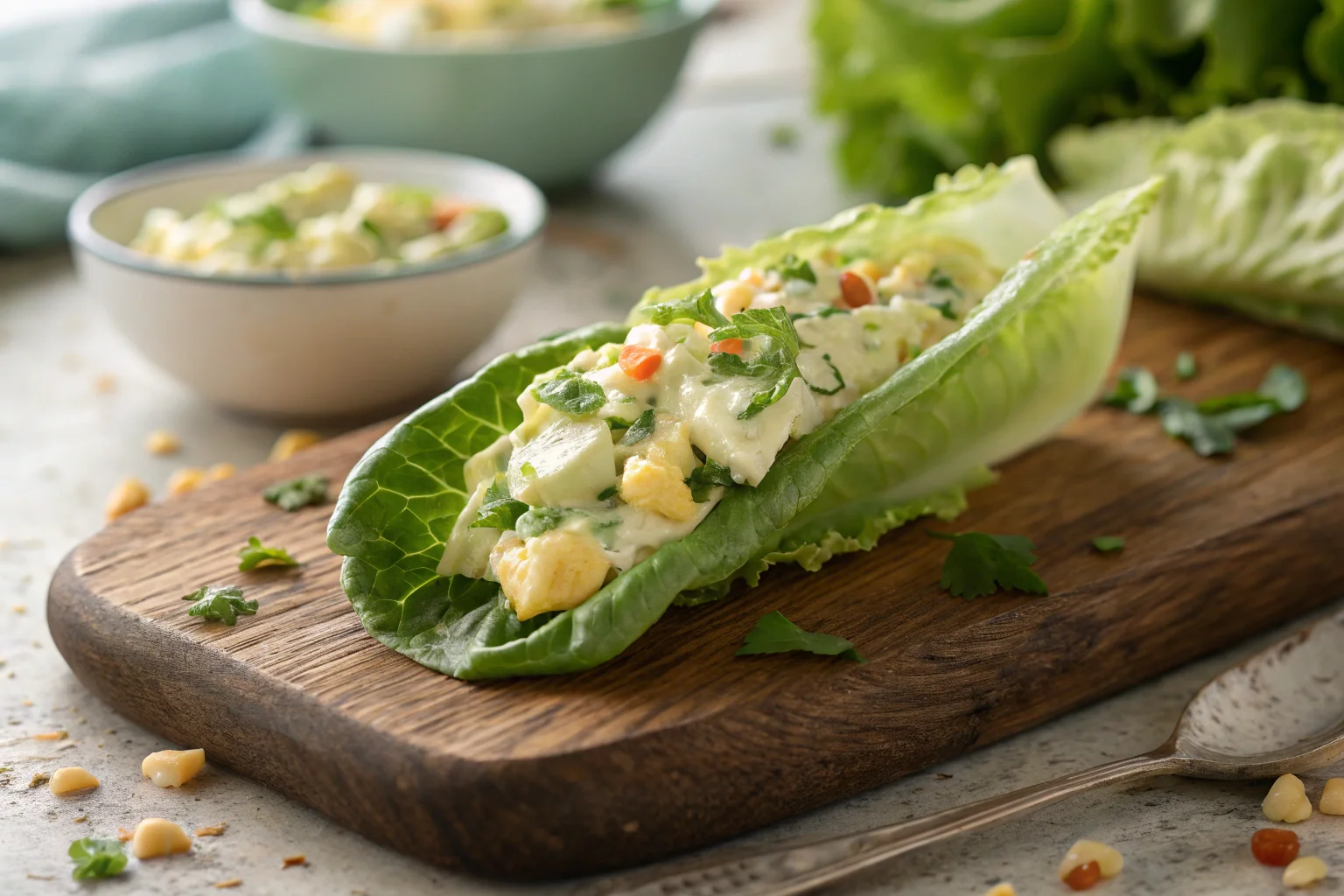Chocolate lovers, listen up! Dubai isn’t just famous for its futuristic skyline or luxury shopping—it’s also becoming a rising star in the world of artisan and healthy chocolate. But here’s the million-dirham question: Is Dubai chocolate healthy?
In this comprehensive guide, we’re peeling back the shiny wrappers to reveal the truth. We’ll explore the ingredients that go into Dubai-made chocolate, compare local brands with global favorites, and even get into the health perks (or red flags) of those golden bars you spot in Dubai’s upscale malls.
You’ll learn how to read nutritional labels, discover expert opinions, and get pro tips on choosing chocolate that satisfies your cravings without wrecking your diet. We’ll also dive into the future of Dubai’s chocolate scene—think camel milk, antioxidants, and vegan treats.
So if you’ve been wondering whether Dubai chocolate is a luxury indulgence and a smart choice for your health, keep reading. Spoiler alert: the answer’s more complex—and more delicious—than you might think.
Learn more about Dubai Chocolate
Table of Contents
ToggleUnderstanding Dubai Chocolate – Origins, Trends, and Reputation
What Makes Dubai Chocolate Unique?
Dubai chocolate stands apart not just because of luxury branding but due to its fusion of Middle Eastern flavors and premium sourcing. Unlike many commercial chocolates that pack in preservatives, Dubai’s top-tier brands aim for natural ingredients, innovative combinations, and often, healthier options.
You’ll find ingredients like saffron, rose, pistachios, camel milk, and Medjool dates being used not just for their taste, but for their nutritional value. Many chocolatiers in Dubai also produce small-batch, hand-crafted bars that are preservative-free and made with high cocoa content, which is known for containing antioxidants.
But let’s not kid ourselves—not all Dubai chocolate is automatically healthy. Just because it’s made locally or looks artisanal doesn’t mean it checks the boxes for clean eating. That’s why understanding the roots of Dubai’s chocolate culture helps set the tone for judging whether it’s truly a healthier option.
The Rise of Artisanal and Luxury Chocolate Brands in Dubai
Dubai’s chocolate industry is booming—and not just in volume, but in quality and diversity. Over the past decade, there’s been a shift from imported confectioneries to homegrown artisan brands like Mirzam, Vivel, and Al Nassma. These brands offer a unique twist: mixing traditional Emirati flavors with premium-grade cocoa sourced from regions like Madagascar, Ghana, and Peru.
The Evolution of Chocolate Culture in the UAE
Historically, chocolate wasn’t a part of traditional Emirati cuisine. But as global culinary influences blended with the region’s love for luxury, chocolate became a canvas for innovation. Emiratis and expats alike began favoring chocolates that weren’t just sweet, but refined, symbolic, and often health-oriented.
Comparison with Global Chocolate Brands
When comparing Dubai chocolate with global heavyweights like Lindt or Godiva, there’s a noticeable difference. Dubai brands are focusing more on authenticity, clean labeling, and exotic ingredients. While Swiss chocolate may have its creamy perfection, Dubai’s dark chocolate offerings are often lower in sugar and rich in antioxidants, making them more aligned with today’s health trends.
Check out our pistachio-chocolate-bar
Is Dubai Chocolate Healthy? Ingredient Breakdown and Nutrition Facts
Common Ingredients in Dubai-Made Chocolates
When asking “Is Dubai chocolate healthy?”, a great place to start is by looking at what’s actually inside the wrapper. Ingredients make all the difference—and thankfully, many Dubai-based chocolatiers are leaning into clean, high-quality components.
Popular brands like Mirzam and Al Nassma use natural cocoa butter, raw cacao, camel milk, Medjool dates, and spices like saffron and cardamom. These are often paired with unrefined sweeteners or even zero-calorie alternatives in their sugar-free lines. Unlike mass-market chocolate that’s often pumped with preservatives, artificial flavors, and palm oil, Dubai’s artisanal chocolates favor real food ingredients—a big win for health-conscious buyers.
Still, it’s important to check the ingredient list. Not every chocolate in Dubai is crafted with wellness in mind. Some products—especially imported or mass-produced ones—still contain refined sugars, soy lecithin, or high-fructose corn syrup, which can cancel out the potential benefits of cocoa.
Sugar, Cocoa Content & Additives: Are They Balanced?
Organic vs Conventional Ingredients in Dubai Chocolates
One of the most noticeable shifts in Dubai’s chocolate market is the rise of organic ingredients. Chocolates labeled “organic” often use ethically sourced cacao, non-GMO sweeteners, and chemical-free flavorings. This not only supports your health but also benefits the environment—a double win.
Brands like Co Chocolat and Raw Bites specialize in farm-to-bar chocolate, where every step of the process is transparent. If you’re wondering, “Is Dubai chocolate healthy compared to what’s sold in supermarkets?”, this level of care makes a strong case.
Nutritional Labels: What to Look For
Let’s face it—reading a chocolate label isn’t the most exciting task, but it’s essential. Look for:
- Cocoa content: Aim for 70% or higher if you’re after antioxidant-rich chocolate.
- Sugar: Less than 5g per serving is a good rule of thumb.
- Additives: Avoid hydrogenated oils, E-numbers, and artificial colors.
- Protein & fiber: A little extra boost here means better satiety and digestion.
By keeping an eye on the label, you’re not just satisfying your sweet tooth—you’re making smarter choices that align with your health goals.
Health Benefits of Dubai Chocolate – Myth or Reality?
Is Dubai Chocolate Healthy for the Heart and Mind?
It’s not all hype—some chocolates, especially those with high cocoa content, actually do offer health perks. That’s why the question “Is Dubai chocolate healthy?” isn’t a simple yes or no. Instead, it’s all about which kind you choose.
High-quality dark chocolate, like many of Dubai’s artisan offerings, is packed with flavanols—a type of antioxidant known to boost blood flow, reduce inflammation, and support heart health. Plus, compounds in cocoa have been linked to mood improvement by enhancing serotonin and dopamine levels.
So yes, your daily bite of dark chocolate (in moderation, of course) may be doing more for you than just satisfying cravings.
Antioxidants and Flavonoids in Premium Dubai Chocolates
Mental Health Benefits from Moderate Consumption
When enjoyed in moderation, chocolate can do more than just make you smile—it might actually support your brain. Research shows that flavonoids found in high-percentage cacao can improve cognitive performance, sharpen memory, and even lower stress hormones.
Many of Dubai’s brands focus on using cacao sourced from single-origin farms, which is often richer in flavonoids than blends. Add to that some camel milk (known for its anti-inflammatory properties), and you’ve got a product that’s not only indulgent but potentially therapeutic.
Dubai Chocolate vs Dark Chocolate from Switzerland or Belgium
Dubai chocolate holds its own when compared to long-established players like Swiss or Belgian dark chocolate. While those brands are known for their silky textures, Dubai is winning on the innovation front. The focus on superfoods like dates, pistachios, and turmeric is carving a unique health niche that traditional European chocolates rarely touch.
So if you’re aiming to choose chocolate not just for taste but for wellness, Dubai’s premium bars give you an exciting, and possibly healthier, alternative.
Popular Healthy Dubai Chocolate Brands & What They Offer
Best Healthy Chocolate Brands in Dubai to Try
If you’re asking, “Is Dubai chocolate healthy?”, then you’ll definitely want to know which brands are worth your time—and your taste buds. Fortunately, Dubai is home to a growing list of chocolate makers who blend luxury with wellness. These brands aren’t just creating beautiful packaging; they’re delivering chocolates with clean ingredients, balanced nutrition, and unique flavors.
One standout is Mirzam Chocolate Makers, a Dubai-based brand known for bean-to-bar transparency. Their dark chocolates are high in cacao content (some reaching 85%), made without refined sugar, and flavored with spices like cardamom or saffron. They even offer vegan and gluten-free options.
Then there’s Al Nassma, famous for its camel milk chocolate—a local specialty. Camel milk contains less fat and more iron than cow’s milk, which can be a healthier choice for many. Combine that with low sugar recipes, and you’ve got a bar that’s both exotic and nutritious.
Last but not least, Co Chocolat deserves mention. This brand combines superfoods like quinoa, chia seeds, and coconut sugar to create guilt-free treats. They’re also big on sustainable sourcing, which adds to their health-conscious appeal.
Vegan, Sugar-Free, and Keto-Friendly Chocolate Options
Top Picks from Mirzam, Al Nassma, and Vivel
Each of these brands offers something for every dietary lifestyle. Mirzam’s dark chocolate collection includes 100% vegan-friendly bars made with just two or three ingredients. Their sugar-free options use natural sweeteners or none at all, making them ideal for keto diets.
Al Nassma, on the other hand, is your go-to for camel milk chocolates that still feel creamy without using cow’s milk or added oils. They even offer low-sugar versions for people watching their intake.
And if you’re hunting for something elegant, Vivel Patisserie fuses European finesse with Middle Eastern wellness trends. Their date-filled chocolates and almond-rich bites are a delicious way to enjoy flavor with fewer calories.
Where to Find Healthy Chocolate in Dubai Malls or Online
The good news? You don’t need to hunt all over the city. You can grab these chocolates at popular malls like Dubai Mall, Mall of the Emirates, and City Walk. Online platforms such as Namshi, Kibsons, and DubaiStore also stock many of these brands. Some even offer next-day delivery, so getting your hands on a healthy treat is easier than ever.
Comparing Dubai Chocolate with International Healthy Chocolates
How Dubai Chocolate Measures Up Globally in Health Rankings
So, is Dubai chocolate healthy compared to international options? That’s a fair question—and the answer depends on how you define “healthy.” When stacked against popular chocolates from Switzerland, Belgium, and even the U.S., Dubai-made chocolates often bring something unique to the table.
Many international chocolates are known for their silky textures and smooth finishes, but they often contain added sugars, emulsifiers, and even artificial flavorings. In contrast, Dubai’s premium chocolate scene leans toward clean-label ingredients, natural sweeteners, and superfood infusions like dates, pistachios, and camel milk.
Moreover, Dubai brands are becoming pioneers in low-glycemic chocolates. Some options are vegan, dairy-free, or keto-friendly—rare finds in traditional European chocolates. That gives Dubai a clear advantage for health-focused consumers.
Is Dubai Chocolate Healthier than U.S. or European Brands?
Nutritional Benchmarks and Taste Tests
When you compare labels side by side, you’ll often notice that Dubai’s artisan chocolates tend to contain:
- Less refined sugar
- Higher cacao percentages (often 70%+)
- Naturally sourced flavorings like cardamom or rose
- Functional ingredients such as chia seeds or turmeric
Taste tests also suggest that Dubai chocolates hold up in flavor, especially when it comes to dark chocolate lovers. While European chocolates may still reign in creaminess, Dubai chocolate earns points for creativity and nutrient density.
Cultural Differences in Chocolate Consumption Habits
In Europe, chocolate is often consumed as a daily indulgence—think of the after-dinner truffle. In contrast, the Middle East tends to focus more on gifting culture, where presentation and health value matter just as much as taste.
This cultural shift means that Dubai chocolate makers are under pressure to deliver visually stunning yet nutritionally balanced products. And guess what? That pressure is raising the bar for chocolate health standards across the board.
Health Risks of Overconsumption – What to Avoid
When Does Dubai Chocolate Stop Being Healthy?
Yes, we’ve talked a lot about the perks—but now it’s time to look at the flip side. Is Dubai chocolate healthy if you overdo it? Well, like any treat, the answer is no. Even the cleanest chocolate bar can become a problem if eaten in excess.
Some Dubai chocolates still contain sugar, saturated fat, and calorie-dense ingredients. And because they’re often luxuriously packaged and marketed as “better for you,” it’s easy to fall into the trap of eating more than your body needs.
So while choosing high-quality chocolate is smart, portion control is key. One or two small squares of 70% dark chocolate might help you curb cravings—but munching on a whole bar every day? That’s a fast track to blood sugar spikes and extra calories.
Hidden Sugars, Fillers, and Artificial Additives
Health Effects of Daily Chocolate Consumption
Let’s be honest—most people don’t look at chocolate and think “health food.” And rightfully so. Some Dubai chocolates, especially cheaper or mass-market options, include:
- Glucose syrup or inverted sugar
- Hydrogenated oils
- Artificial colors or flavor enhancers
These can cause issues like:
- Blood sugar crashes
- Digestive discomfort
- Increased risk of insulin resistance over time
That said, not all daily consumption is bad. If you’re reaching for a small amount of low-sugar, high-cacao chocolate, it may offer real health benefits—especially when paired with a healthy lifestyle.
Safe Limits Recommended by Dietitians
Dietitians often suggest sticking to 20–30 grams of dark chocolate per day, especially if it contains at least 70% cacao. That’s about two small squares—enough to enjoy without overloading. For camel milk or flavored chocolates, keep an eye on sugar content and aim for moderation.
In short, yes—Dubai chocolate can be healthy, but like anything good in life, it’s best enjoyed mindfully and in moderation.
Tips to Choose Healthy Chocolate in Dubai
How to Read Chocolate Labels in the UAE
Wondering “Is Dubai chocolate healthy?” The answer often lies on the back of the wrapper. Labels can reveal a lot—but only if you know what to look for. In Dubai, some chocolates are marketed as premium or luxurious, but that doesn’t always mean they’re good for your body.
Start by scanning the ingredients list. If cocoa or cacao is listed first, that’s a promising sign. Also, avoid products with long lists of hard-to-pronounce additives or artificial sweeteners. Instead, opt for chocolates with fewer ingredients—ideally under seven.
Additionally, take note of the sugar content per serving. Healthy chocolate typically contains less than 5g of sugar per 30g serving. Be cautious of hidden sugars like glucose syrup or maltodextrin, which are common even in fancy packaging.
Lastly, check the cocoa percentage. Dubai chocolates that contain 70% cacao or higher tend to offer more antioxidants and flavonoids, and less sugar.
Smart Buying Tips: Spotting Genuine Healthy Chocolate
Certifications: Organic, Fairtrade, Vegan, etc.
Labels like “Organic”, “Fairtrade”, and “Vegan” aren’t just for show—they often signal a more health-conscious and sustainable choice. For example, organic chocolate usually avoids chemical pesticides, while Fairtrade ensures ethical cocoa farming. Vegan certifications mean the chocolate is dairy-free, which may suit those with lactose intolerance or dairy sensitivities.
Brands like Co Chocolat and Mirzam clearly display these certifications on their packaging, making it easier for shoppers to make informed choices.
Best Stores for Health-Conscious Chocolate Shoppers
If you’re shopping in person, stores like Organic Foods & Café, Spinneys, and Waitrose UAE carry several health-focused chocolate options. For online shoppers, Kibsons, Namshi, and DubaiStore offer a variety of healthy chocolates, including sugar-free, keto-friendly, and vegan options.
Some brands even provide direct delivery via their own websites—making it even simpler to snack smart.
Dubai’s Role in the Future of Healthy Chocolate
Is Dubai Chocolate Healthy Enough to Set Global Trends?
It might surprise you, but Dubai isn’t just following the global health wave—it’s helping lead it. From unique ingredients to sustainable practices, Dubai is setting new standards in the luxury chocolate space. So, when people ask, “Is Dubai chocolate healthy compared to other global brands?”, the answer is increasingly becoming yes.
Unlike many other chocolate-producing countries, Dubai’s manufacturers combine flavor innovation with health-driven design. Whether it’s using camel milk for its rich nutrient profile or incorporating functional ingredients like turmeric and chia, the industry is prioritizing both taste and wellness.
Innovation in Chocolate: Superfoods, Adaptogens & More
Sustainability Practices in Dubai’s Chocolate Industry
Sustainability is playing a big role in shaping Dubai’s chocolate future. Many local brands use biodegradable packaging, ethically sourced cacao, and low-waste production methods. This makes their products healthier for both you and the planet.
Chocolate companies like Mirzam are transparent about sourcing and even collaborate with local farms to reduce their carbon footprint. It’s a win-win for health and sustainability.
The Rise of Functional Chocolates in the UAE Market
Dubai’s chocolate scene is also diving into functional food trends. This means chocolates are being infused with ingredients that do more than taste good—they support your mental, physical, and emotional health. Think bars with ashwagandha for stress, maca for energy, or quinoa for added protein.
As this trend grows, Dubai could soon be known not just for luxury sweets, but for leading the charge in health-enhancing indulgences. So next time you’re choosing a treat, remember: the local chocolate you’re picking may be part of a global health movement.
FAQ Section: Common Questions About Dubai Chocolate
What’s special about Dubai chocolate?
Dubai chocolate stands out for its unique blend of tradition, luxury, and health-focused ingredients. Unlike many commercial brands, Dubai-based chocolatiers often incorporate regional flavors like saffron, cardamom, and dates, as well as camel milk, which has a lower fat content and higher nutritional value than cow’s milk. In addition, many of the top brands—such as Mirzam, Al Nassma, and Co Chocolat—focus on small-batch, bean-to-bar production using ethically sourced cocoa and natural sweeteners. The result? A chocolate experience that’s both indulgent and often more health-conscious.
Can you get Dubai chocolate at the airport?
Absolutely! Dubai International Airport (DXB) is well-stocked with premium local chocolates, making it easy to pick up a luxury gift or personal treat before your flight. Look out for branded stores and duty-free sections carrying Mirzam, Al Nassma, Bateel, Patchi, and more. Whether you’re after camel milk chocolate, date-stuffed truffles, or sugar-free dark bars, the airport is a convenient place to grab these specialties.
How much does the viral Dubai chocolate cost?
It depends on the brand and packaging, but prices can range widely. For instance:
A basic bar from Co Chocolat or Mirzam might start around AED 25–35 ($7–$10).
Premium camel milk chocolate boxes from Al Nassma or Vivel can range from AED 70 to AED 200 ($20–$55), especially if they’re part of a gift set or luxury box.
The viral chocolates you see on social media often feature ornate packaging or gold foil finishes, which can drive prices higher. But most health-conscious bars are affordably priced for the quality they offer.
Which is the healthiest chocolate to eat?
The healthiest chocolate is usually one that’s high in cacao and low in sugar. In Dubai, dark chocolates with 70% cacao or more and minimal ingredients are considered the best choices. Brands like Mirzam’s dark bars, Co Chocolat’s superfood-infused options, and camel milk chocolate from Al Nassma are excellent picks. Look for bars labeled organic, sugar-free, vegan, or keto-friendly for even more health benefits.
Conclusion: Should You Choose Dubai Chocolate for a Healthier Treat?
Summing Up: Is Dubai Chocolate Healthy or Just a Trend?
So, after exploring it from every angle, let’s wrap it up: Is Dubai chocolate healthy? For the most part, yes—especially when compared to many mainstream, sugar-laden options on the market. Dubai has carved out a space for chocolates that aren’t just elegant but also purpose-driven when it comes to health and nutrition.
From high cacao content, vegan varieties, and natural sweeteners to the use of superfoods and camel milk, there’s plenty to love for health-conscious eaters. Plus, the emphasis on ethical sourcing and sustainability only adds to the appeal.
Final Thoughts on Making Informed Chocolate Choices in Dubai
That said, the responsibility still lies with the shopper. Read labels, seek out clean ingredients, and enjoy your chocolate in moderation. With a bit of mindfulness, Dubai’s chocolate offerings can be a regular part of a balanced lifestyle—without the guilt.
So go ahead. Indulge wisely, and let your sweet tooth explore the rich, healthy, and ever-evolving world of Dubai chocolate.









